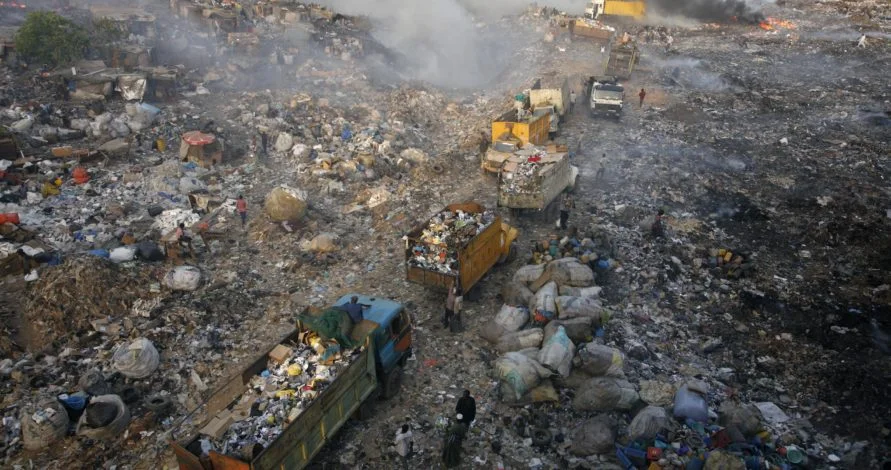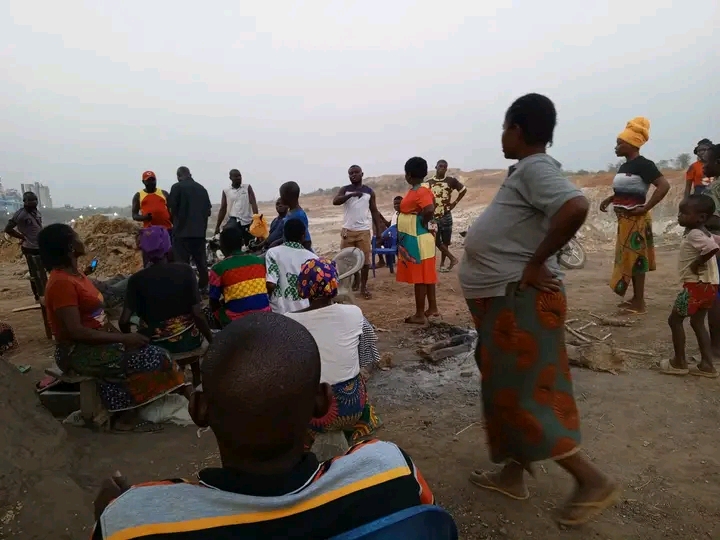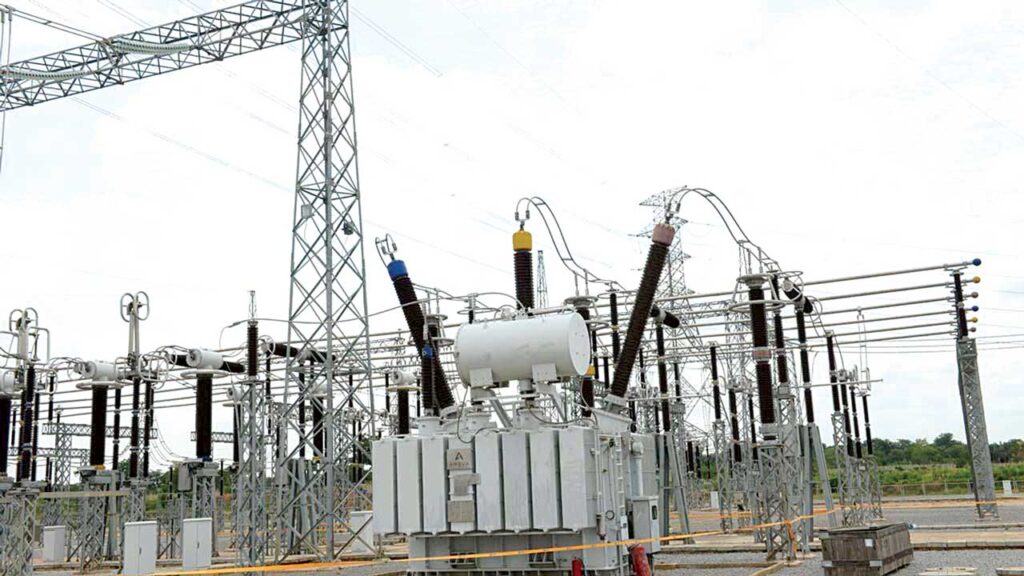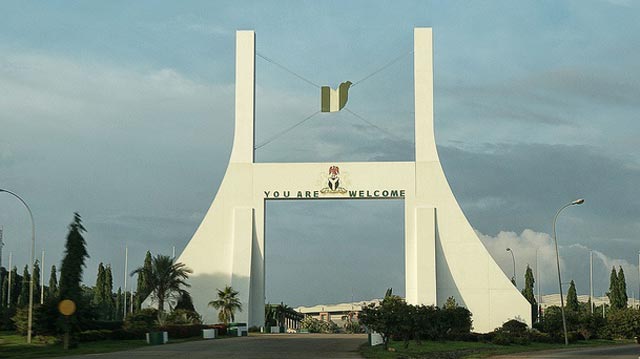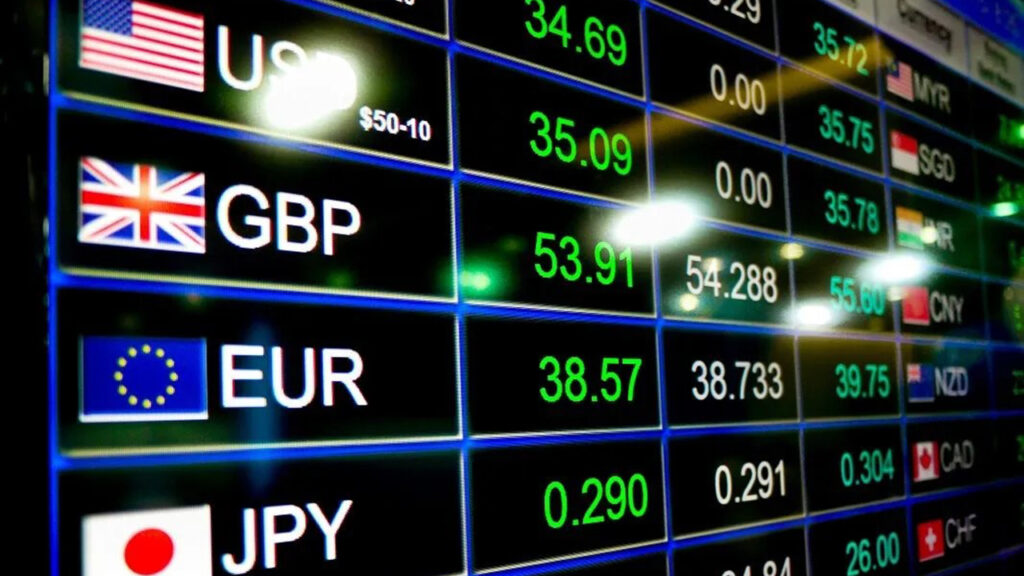
A massive methane leak from landfill waste dumps around the world is posing a significant threat to the climate, according to a new study.
Organic waste like food scraps, wood, card, paper, and garden waste releases methane when it decomposes without oxygen.
Methane, also known as natural gas, is a crucial focus for climate action as it traps 86 times more heat in the atmosphere than carbon dioxide over a 20-year period.
Scientists warn that if emissions from unmanaged landfills continue to rise due to urban population growth, they could double by 2050, posing a significant risk to climate goals.
The study, conducted by The Guardian UK using satellite data, reveals over 1,000 leaks of the potent greenhouse gas methane since 2019, with hotspots in South Asia, Argentina, and even Spain.
The new data revealed that a total of 1,256 methane super-emitter events occurred between January 2019 and June 2023.
“Methane emissions have accelerated since 2007 and cause a third of the global heating driving the climate crisis today,” the report reads.
Countries like Pakistan, India and Bangladesh lead the list of nations with the most large leaks, followed by Argentina, Uzbekistan and Spain.
The acceleration of the methane, according to the report, has alarmed scientists, who fear it is the biggest threat to keeping below 1.5C of global heating and could trigger catastrophic climate tipping points.
The rapid rise appears to be due to global warming driving more methane production in wetlands – a potential vicious circle that makes cuts of human-caused methane emissions even more urgent.
Landfill emissions, according to the report, can be reduced by reducing organic waste at the source, diverting it from landfills, or capturing the methane released from the landfills.
The report also noted that detecting methane super-emitters with satellites is more difficult in tropical regions as high levels of water vapour and clouds in the atmosphere interfere with the measurements.
“So super-emitters in central Africa and south-east Asia may not be picked up, although new satellites being deployed will improve detection in these regions.
“Smaller but longer-lasting leaks from waste sites will also release large amounts of methane into the atmosphere.”

